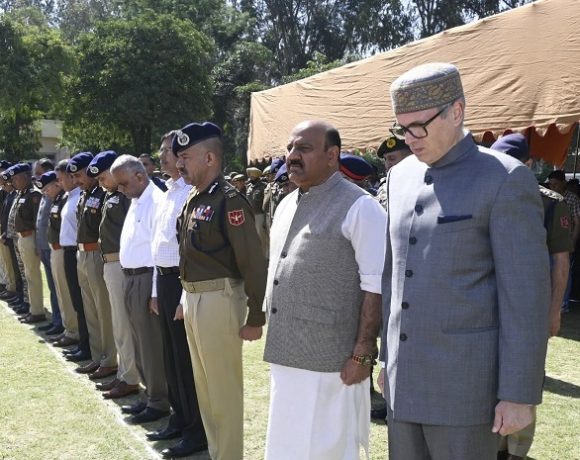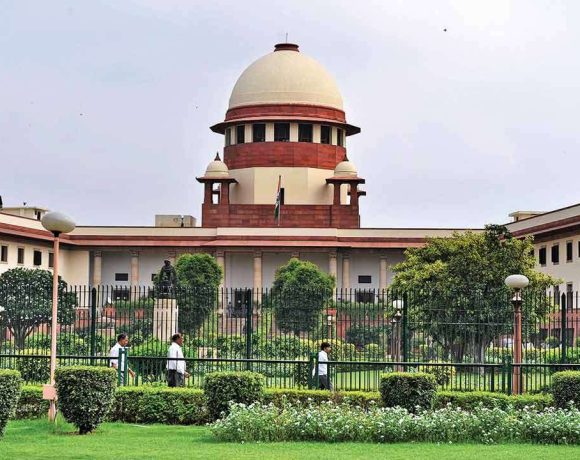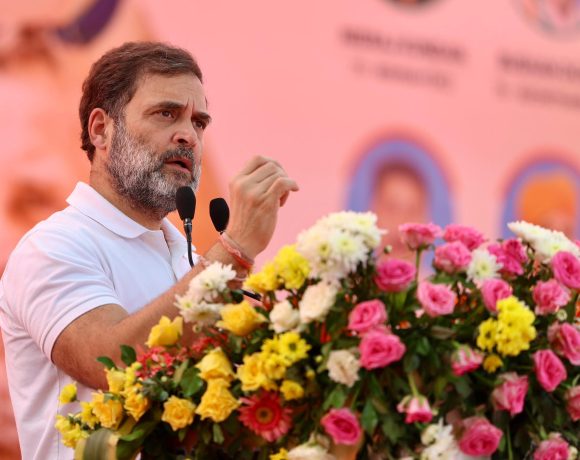
India Halts Indus Treaty Over Terror, Dam Safety Concerns
In a historic policy shift, India has suspended the Indus Waters Treaty with Pakistan, citing relentless cross-border terrorism and critical concerns regarding dam safety and energy security. The decision follows the April 22 Pahalgam terror attack in Jammu and Kashmir, which claimed the lives of 26 Indian civilians. The move was announced publicly during India’s statement to the United Nations Security Council and signals a tougher posture towards Pakistan.
“India entered into the Indus Water Treaty 65 years ago in good faith. The preamble of the treaty describes that the treaty was concluded in a spirit of goodwill and friendship. Throughout the six and a half decades, Pakistan has violated the spirit of the treaty by inflicting three wars and thousands of terror attacks on India. In the last four decades, more than 20,000 Indian lives have been lost in terror attacks, the most recent of which was a dastardly targeted terror attack on tourists in Pahalgam.”
Cross-Border Terrorism: The Breaking Point
India’s Permanent Representative to the United Nations, Ambassador Parvathaneni Harish, asserted that the treaty’s suspension was a direct consequence of Pakistan’s continued sheltering of terror outfits. He highlighted the targeted killings of Indian civilians as acts that violate the very premise of any bilateral agreement. The Pahalgam attack, according to New Delhi, is the final straw in a long line of provocations.
Ambassador Harish noted that over 20,000 Indian citizens have lost their lives due to Pakistan-sponsored terrorism in the past forty years. He made it clear that no nation can be expected to uphold treaties with a neighbour that wages a proxy war through non-state actors.
Dam Safety and Technological Obstruction
Apart from terrorism, India has raised strong concerns over Pakistan’s repeated stalling of efforts to modernize crucial dam infrastructure. These upgrades, necessary for ensuring safety and better energy efficiency, have been held up by Pakistan’s objections through the treaty’s dispute resolution mechanisms.
Indian officials claim that the technological frameworks of the 1960 treaty are now obsolete and pose operational hazards. By blocking technical upgrades, Pakistan is not just jeopardizing safety but also undermining India’s sovereign right to energy and water development.
Diplomatic Channels and Global Messaging
India has conveyed its decision to the international community and clarified that this is a suspension, not an abrogation. New Delhi has made it clear that the treaty will remain suspended until Pakistan undertakes “decisive and irreversible” actions to curb terrorism.
Pakistan, on the other hand, has called the suspension a violation of international law and expressed fears over looming water shortages and potential agricultural disruptions. Despite this, India’s diplomatic position has received measured understanding from countries that have faced similar threats of state-sponsored terrorism.


















